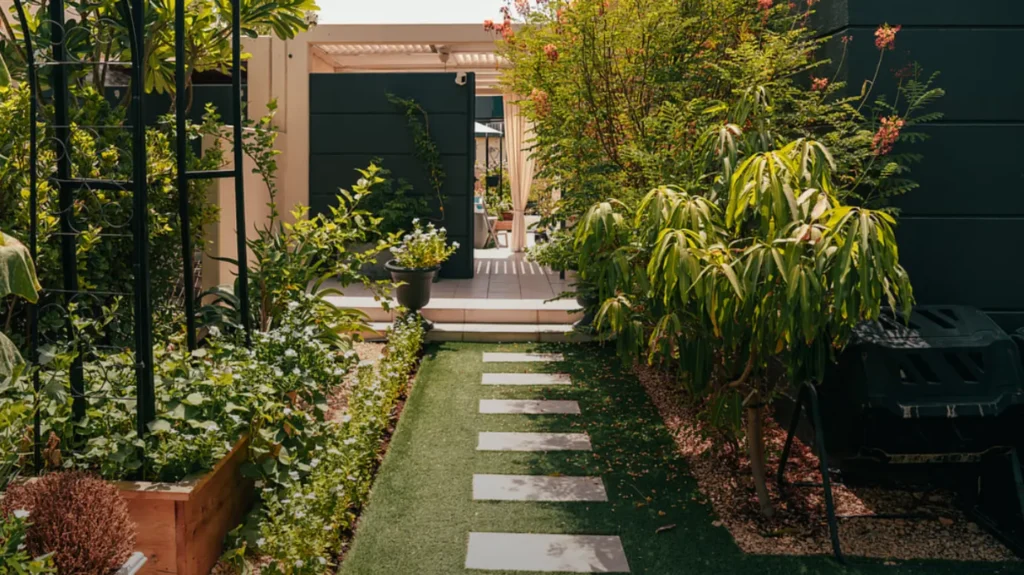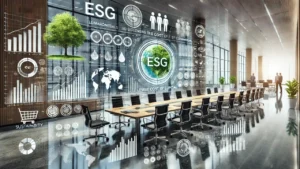Yet, as cities expand and economies accelerate, these spaces are under quiet threat. Urbanization has already claimed over half of the world’s habitable land. Biodiversity loss, air pollution, and climate stress are no longer distant forecasts; they are realities shaping how we live, work, and grow. This is the context in which CNN’s Call to Earth Day 2025, themed “Guard Your Green Space”, calls for urgent collective action.
About the Initiative
CNN’s Call to Earth Day 2025 focuses on a simple but profound message: the spaces we often overlook are the ones that keep our cities livable. Urban green areas regulate local climate systems, reduce air pollutants, support biodiversity corridors, and improve human well-being. Yet, due to rapid urbanization, these ecosystems are shrinking at alarming rates.
The initiative mobilizes stakeholders across continents to safeguard these environments through tangible actions — from clean-ups and replanting drives to awareness campaigns and educational programs. By spotlighting local action through global media, CNN amplifies stories that demonstrate environmental accountability and collective resilience.
Our Initiative: Corporate Action with Measurable Impact
In alignment with this year’s theme, IFRSLAB is launching “We Guard Our Green Space” — a corporate-wide initiative focused on awareness, education, and measurable environmental action across the UAE.
Our approach is based on three pillars:
- Awareness and Advocacy
We aim to use our position as an ESG advisory and training firm to educate corporate stakeholders, professionals, and the wider community on the ecological and economic value of green spaces. Through internal communication campaigns, public engagement content, and ESG storytelling, we will highlight how maintaining green areas contributes directly to carbon reduction, biodiversity conservation, and community well-being.
- Measurement and Disclosure Alignment
True environmental progress requires quantification. IFRSLAB will demonstrate how organizations can integrate green space indicators into their ESG and sustainability reporting frameworks. By connecting initiatives like park restoration or rooftop greening with GRI 304 (Biodiversity), ISSB S2, and TNFD metrics, we aim to show that such actions can be reported, verified, and scaled across sectors.
- Collaboration and Capacity Building
We will engage employees, partners, and clients through collaborative workshops and volunteer activities that promote ecological restoration and stewardship. Our team will organize awareness sessions under the banner “ESG for All”, focusing on how individual actions — such as supporting urban biodiversity or protecting local flora — contribute to broader climate adaptation goals.
Through this, we intend to bridge corporate sustainability practice with community-level impact.
The Scientific Basis: Why Guarding Green Spaces Matters
Green spaces are natural climate regulators. Research by the Intergovernmental Panel on Climate Change (IPCC) and the UN Environment Programme consistently identifies urban vegetation as one of the most effective natural carbon sinks. A single hectare of well-maintained green space can absorb approximately 8–15 tonnes of CO₂ per year, while simultaneously reducing local air temperatures by 2–4°C.
Moreover, urban greenery supports pollinators, soil biodiversity, and hydrological balance — all of which are essential components of ecosystem services. These functions directly align with the Sustainable Development Goals (SDGs), particularly:
- SDG 13: Climate Action
- SDG 15: Life on Land
- SDG 11: Sustainable Cities and Communities
At IFRSLAB, we see these connections not as abstract principles but as quantifiable pathways. Our technical frameworks help organizations evaluate environmental performance using key indicators such as:
- Vegetative Cover Index (VCI) for assessing land-use sustainability.
- Urban Biodiversity Scorecards for tracking species richness.
- Carbon Sequestration Estimates for urban forestry and rooftop gardens.
By translating ecological data into ESG metrics, we transform green protection into measurable, reportable value creation.
Our Broader Sustainability Commitment
This initiative is part of IFRSLAB’s wider mission to foster responsible business transformation across the UAE and GCC. Our ESG advisory, assurance, and CPD UK–certified training programs equip professionals to embed sustainability within strategy, governance, and daily operations.
In recent years, IFRSLAB has supported organizations in implementing:
- ESG reporting frameworks aligned with GRI, ISSB, and CSRD.
- Decarbonization strategies based on emissions data verification.
- Sustainability training and awareness programs that build institutional capacity.
- Materiality assessments emphasizing biodiversity, land-use, and stakeholder engagement.
By participating in Call to Earth Day 2025, we are reinforcing these values — demonstrating that our own internal practices mirror the principles we help others apply.
Expected Impact and Long-Term Vision
Through We Guard Our Green Space, IFRSLAB seeks to generate both awareness outcomes and tangible results:
- Environmental Awareness: Reaching professionals and corporate leaders through internal and external campaigns that link biodiversity preservation to corporate ESG performance.
- Behavioral Change: Encouraging responsible environmental habits among employees and partners — from waste reduction to green volunteering.
- Measurable Action: Introducing pilot frameworks that allow companies to quantify and disclose their contributions to local biodiversity or urban greening.
- Community Engagement: Collaborating with schools and civic groups to host short educational sessions on the science and significance of green spaces.
Looking ahead, we plan to expand this initiative into a recurring corporate program, integrating biodiversity data collection and reporting as part of our internal sustainability disclosures.
Our Pledge
As part of CNN’s Call to Earth Day 2025, IFRSLAB pledges to:
- Promote environmental literacy and awareness across our stakeholder network.
- Advocate for the integration of biodiversity and green space indicators into corporate ESG frameworks.
- Continue contributing to climate-positive change through education, advisory, and responsible leadership.
We remain committed to our role as educators, advisors, and advocates for sustainable transformation — ensuring that our own actions reflect the standards we champion.
Because guarding our green space is not simply about protecting land. It is about protecting the planet’s capacity to breathe, thrive, and sustain future generations.





